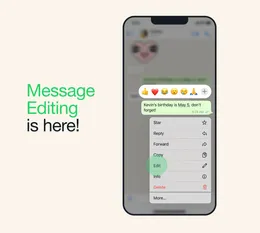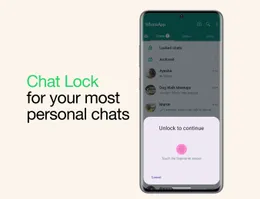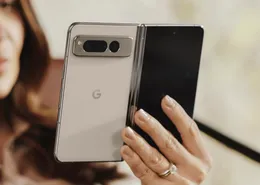
Google's Genius Plan: Teaching Your Phone to Read Your Mind, Sort of
Google adds AI to smartphones for email searching: Get ready for amusing misinterpretations & unexpected discoveries in your inbox. Quirky adventure awaits! #AI #EmailSearching
A profoundly motivated scholar. Adores writing and possesses a sound sense of vector designing and its compositions with the knowledge of diverse essential image aesthetics.

Google adds AI to smartphones for email searching: Get ready for amusing misinterpretations & unexpected discoveries in your inbox. Quirky adventure awaits! #AI #EmailSearching

Well, well, well, hold on to your Apple logos, folks, because OpenAI has dropped a bombshell in the world of smartphone apps....

WhatsApp will now let you edit your messages. Imagine how many breakups will now happen in real life with a slap, instead of words in a chat!

Praise the Lord Almighty, for WhatsApp now has a new feature that lets you hide certain sensitive chats behind a layer of password or fingerprint lock. Also, stop your sinner ways, you digital monsters!

Google Pixel Fold costs $,1799, enough to buy a bike in India and get arrested by the local police while trying to make a cringe social media video. Regardless, it looks quite handsome, and offers some neat software tricks, too.
A Carnegie Mellon University study reveals starting your brainstorming process with Google can be detrimental to the group's creativity.
Teams relying much on search engines often produced inundatingly same, less original ideas due to a cognitive bias called "fixation effect," where seeing popular answers converges our thought process instead of diverging it.

While individuals weren't necessarily dumber with Google, groups of Google users seemed to get stuck in a rut, often coming up with the same common ideas, sometimes even in the same order! Talk about a copy-and-paste creativity crisis.
"This appears to be due to the fact that Google users came up with the same common answers, often in the same order, as they relied on Google, while non-Google users came up with more distinct answers," explained lead author Danny Oppenheimer.
EDITORS' PICKS